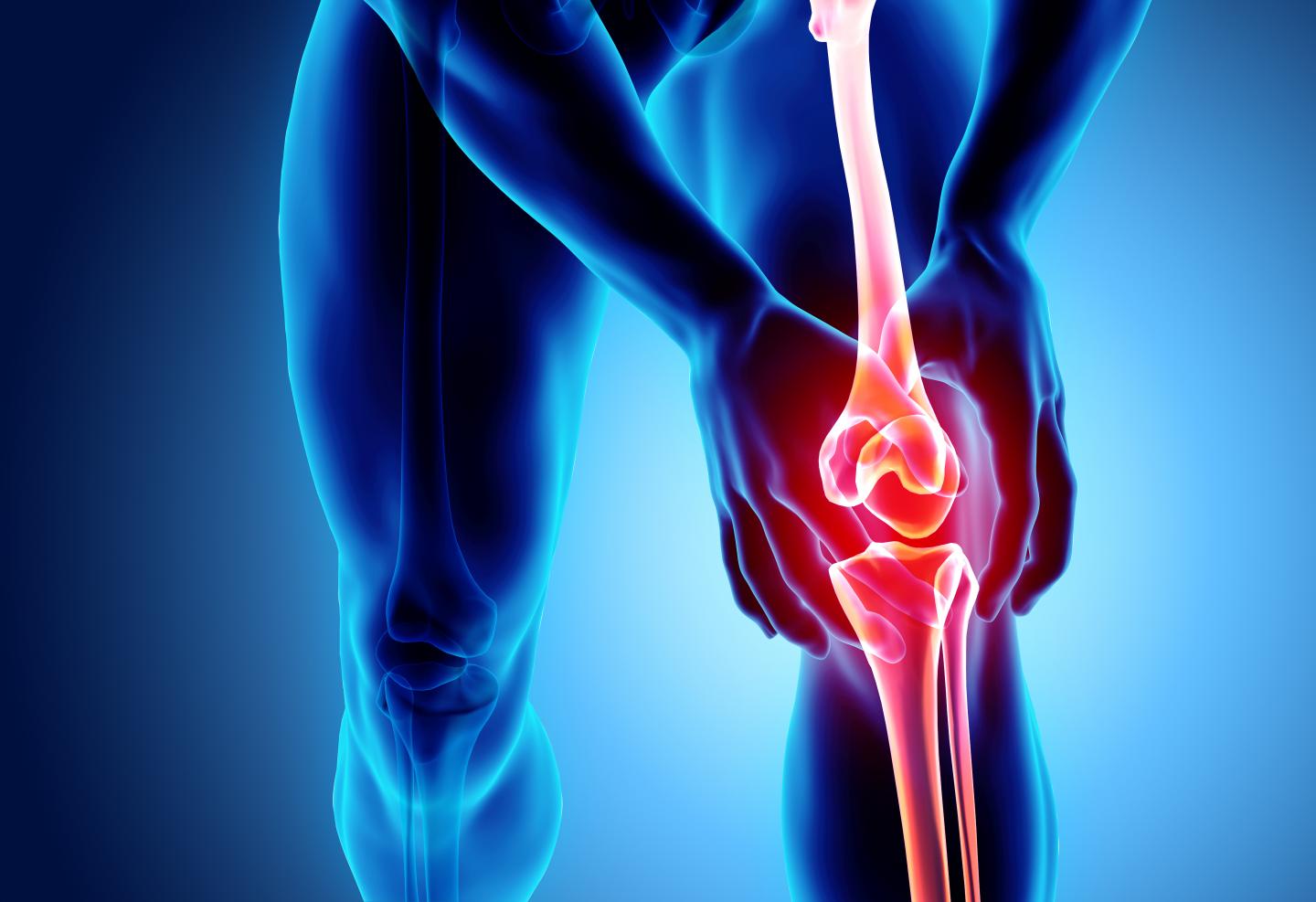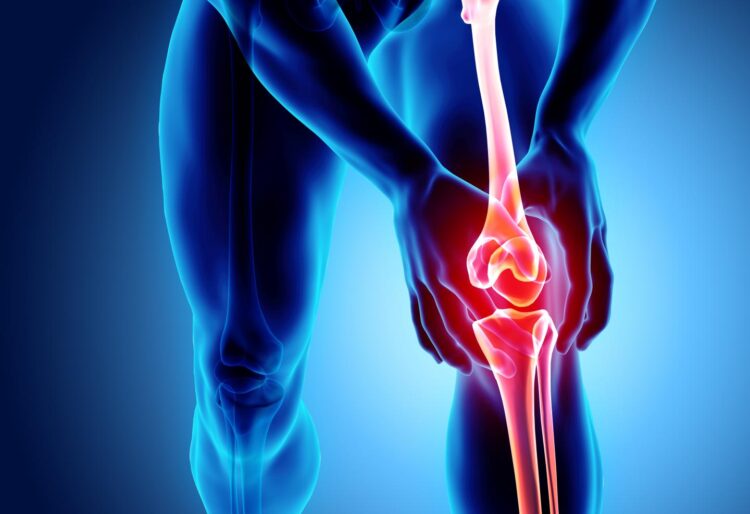A Keck Medicine of USC study reveals that kappa opioids preserved cartilage in joints and eased pain

Credit: Shutterstock
LOS ANGELES – A novel preclinical study by Keck Medicine of USC researchers, published in Arthritis & Rheumatology, reveals that a potential new opioid medication may have the ability to slow the progression of osteoarthritis while being less addictive than commonly prescribed opioid drugs.
The medication activates the kappa opioid receptor (KOR), which binds to opioid-like compounds in the central and peripheral nervous systems to alleviate pain, resulting in targeted pain relief with a reduced risk of addiction.
Previous research shows that some opioids that selectively activate only KORs relieve pain locally at the site of injury without crossing the blood brain barrier and inducing substance dependency, whereas commonly prescribed opioids that target other receptors in the brain are more addictive.
In this study, lead author Alexander Weber, MD, sports medicine physician and orthopaedic surgeon with Keck Medicine, and corresponding author Denis Evseenko, MD, PhD, vice chair for research and associate professor of orthopaedic surgery at the Keck School of Medicine of USC, locally administered a kappa opioid into arthritic mice knees and measured the progression of the disease in their joints.
The researchers confirmed that the medication effectively alleviated pain, however findings also suggest that the medication prevented the loss of cartilage, the connective tissue between the joins that pads bones, and slowed the progression of osteoarthritis.
“Arthritis affects nearly a quarter of adults in the United States, many of whom take addictive opioids to manage their pain. The implications of this study may someday alter how we provide orthopaedic care to significantly reduce the number of patients experiencing long-term pain and addiction,” says Weber.
More research is needed to advance toward human clinical trials, which are paramount as treatment and pain management options for osteoarthritis are limited.
“We hope that the findings of our study will lay the foundations for clinical research to further current understandings of the relationship between kappa opioids and osteoarthritis in humans to improve clinical care and quality of life,” says Evseenko.
###
This study was supported by the National Institutes of Health under award numbers RO1-AR-071724 and RO1-AG-058624, and by the Department of Defense under award number W81XWH-13-1-0465.
For more information about Keck Medicine of USC visit news.KeckMedicine.org
Media Contact
Gabriella Robison
[email protected]
Original Source
https:/
Related Journal Article
http://dx.





